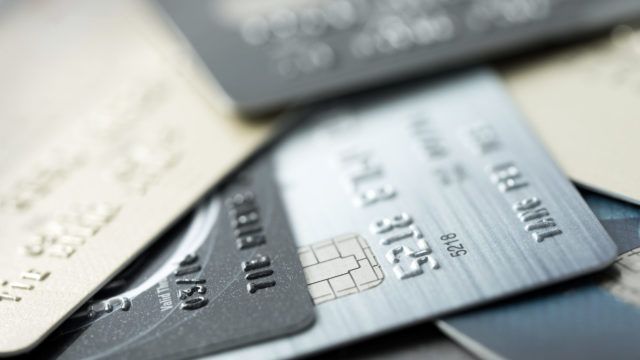For many years, bank customers have been secure in the knowledge that their financial information, including their spending habits and levels of debt, are only available to them and their bank. However, thanks to a new ‘Open Banking’ regime, this is now set to change.
Nine of the UK’s biggest banks have contacted customers recently to inform them that this information can be securely shared with other firms if the customer gives their permission to do so. The competition watchdog says that Open Banking will help people to be able to secure better deals and transform their financial lives in the process, whilst others remain sceptical about the change.
The theory behind Open Banking is that any data your bank holds about you is owned by you and not the bank. As such, it’s up to you whether you want your bank to keep it private or share it with other banks and firms which may help you get a better deal on financial products such as overdraft facilities and loans.
New rules laid out by the EU require banks, building societies and other financial providers to allow their customers to share their financial information securely and easily with other banks and regulated financial businesses. As such, the nine largest banks in the UK were instructed by the Competition and Markets Authority (CMA) to be ready to do this by 13th January 2018.
The ultimate goal is for customers to be able to easily see via a smartphone app or other technology exactly how much they have in their various accounts, as well as how much they owe on credit cards and loans. They will also be able to use additional services, such as finding the cheapest deal on broadband and utilities. The customer would need to give their permission for the app or service to have access to their information in order to do this. Importantly, the service will not have access to login and password details for the customer’s account, and the customer will be able to opt out of the service and remove their data whenever they like.
Whilst the CMA has emphasised the benefits, others have highlighted potential downsides. The UK’s Financial Inclusion Centre has warned that Open Banking could result in those on low incomes experiencing further financial exclusion. Customers may also find themselves receiving a torrent of invitations from banks and firms keen to access their data with the promise of a better deal.
Another fear is one of fraud. Allowing third parties to access your data may provide criminals with a new opportunity to get hold of the information they need to get at customers’ money, especially if there are any flaws in the system which haven’t been recognised by those regulating it. Ideally, Open Banking will allow you even greater control over your financial life, but only if the potential risks have been properly managed for you.

Comments on What does Open Banking mean regarding your personal data?
There are 0 comments on What does Open Banking mean regarding your personal data?